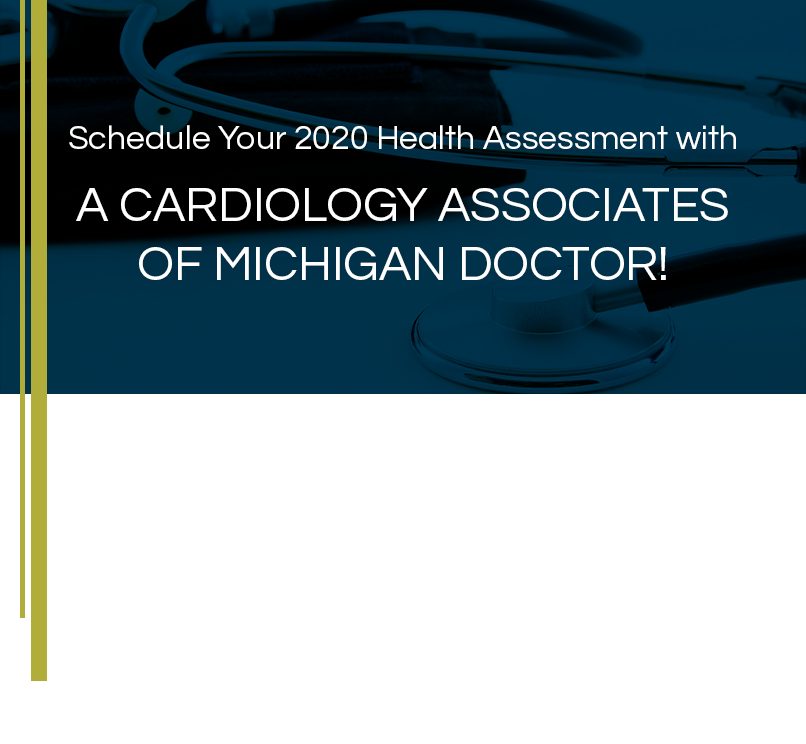Listening for the Signs: The Relationship Between Hearing Loss and Cardiovascular Disease
Heart disease is often hard to detect until it has progressed, but knowing the telltale signs can help patients stop or slow its progression. One of the earliest signs is one that you will likely recognize on your own: hearing loss. The relationship between hearing loss and cardiovascular disease has been well-documented in medical research for many years, but it’s important for the general public to be aware of it as well.
How Hearing Loss and Cardiovascular Disease are Related
The relationship between hearing loss and cardiovascular disease is plain and simple: It’s about blood flow.
If your heart is distressed, blood and oxygen do not travel around your body as well as they should, and inadequate blood flow to the inner ear may contribute to hearing loss. It may also cause trauma to the blood vessels of the inner ear.
Specifically, this is based on the hair cells in your ear, which act as a conduit between noises and your brain. In other words, the hairs tell your brain to recognize sound, but these hairs need good circulation to do their job. When they do not receive the oxygen they need, they can be damaged.
Unfortunately, these hair cells do not grow back, so hearing loss may become permanent.

Signs of Hearing Loss
Recognizing the signs of hearing loss is one way to identify the possibility of heart disease. Although some signs are obvious, others may be less apparent.
If you experience or someone you love experiences the following, you may wish to make an appointment with a cardiologist or ear doctor.
- Speech and other sounds seem muffled
- Inattentiveness and/or failure to respond
- Difficulty hearing high-pitched sounds
- Difficulty understanding conversations in a noisy place (beyond what is to be expected)
- Frustration when trying to hear speech and other sounds
- Difficulty understanding someone over the phone
- Trouble distinguishing certain consonants
- Regularly asking others to speak more slowly, clearly, or loudly, or to repeat what they said
- Ringing in the ears or sensitivity to certain sounds
- Persistent ear discomfort
- Avoiding conversation, social isolation, and depression for no other apparent reasons
If you are concerned that your hearing loss is a sign of cardiovascular disease, it’s important to make an appointment with a cardiologist to keep both from progressing. With the right cardiology team by your side, you can maintain your heart health to prevent hearing loss or other heart-related medical conditions.




